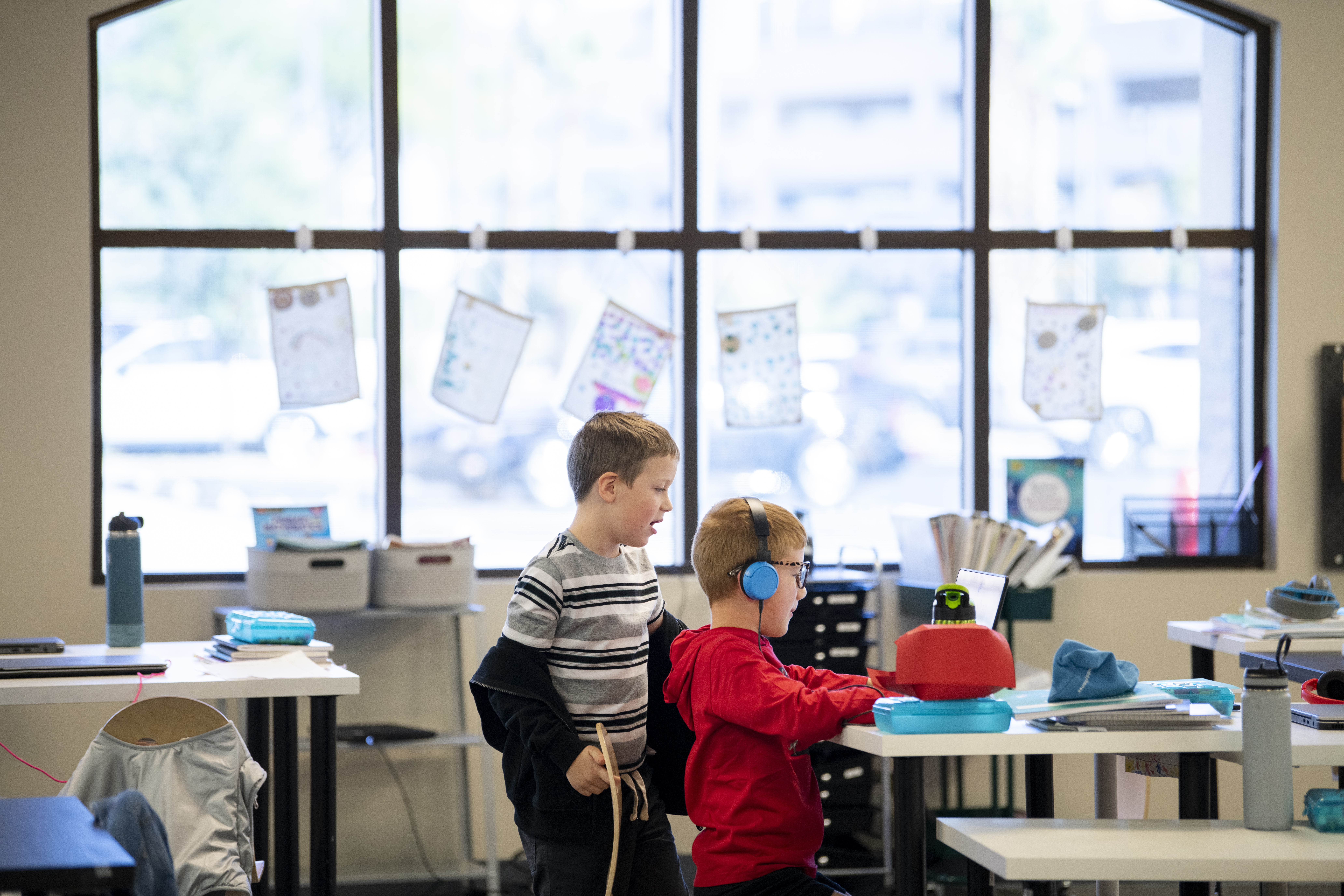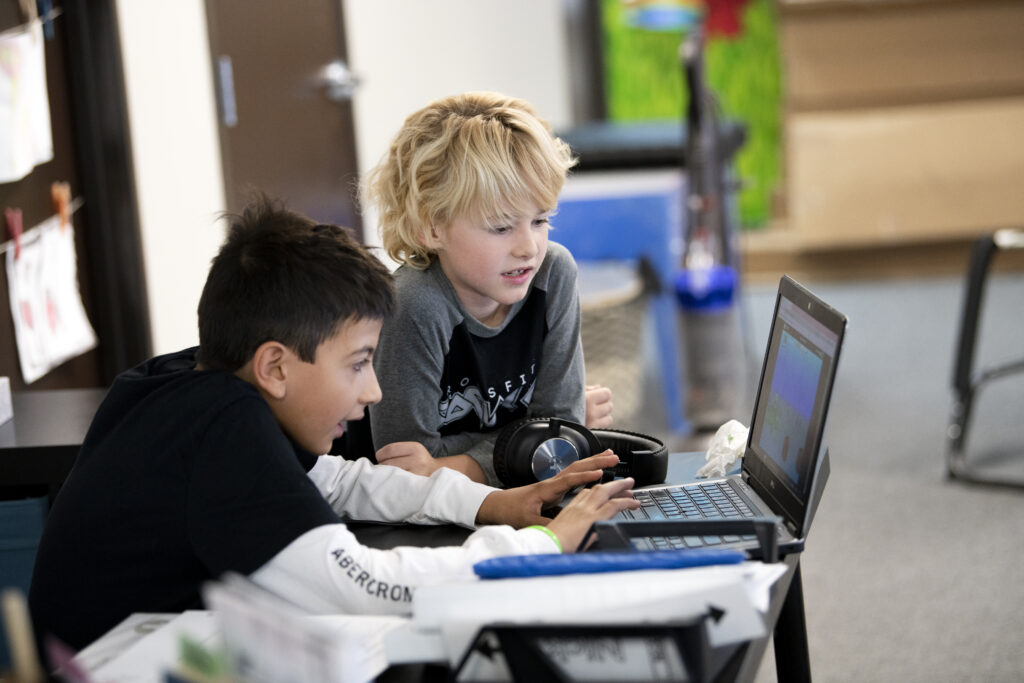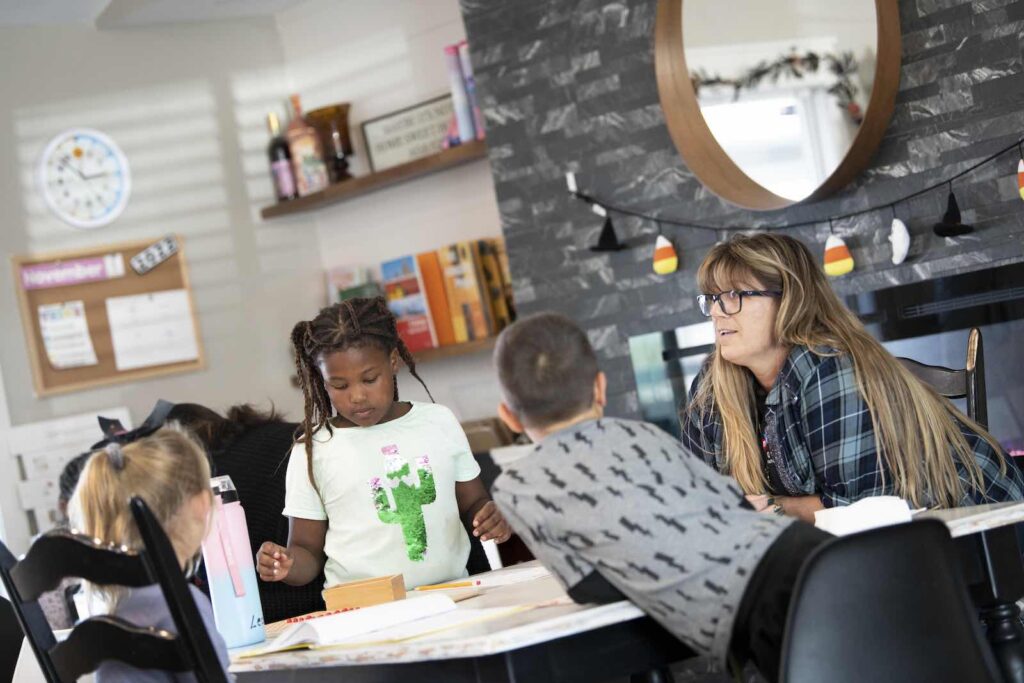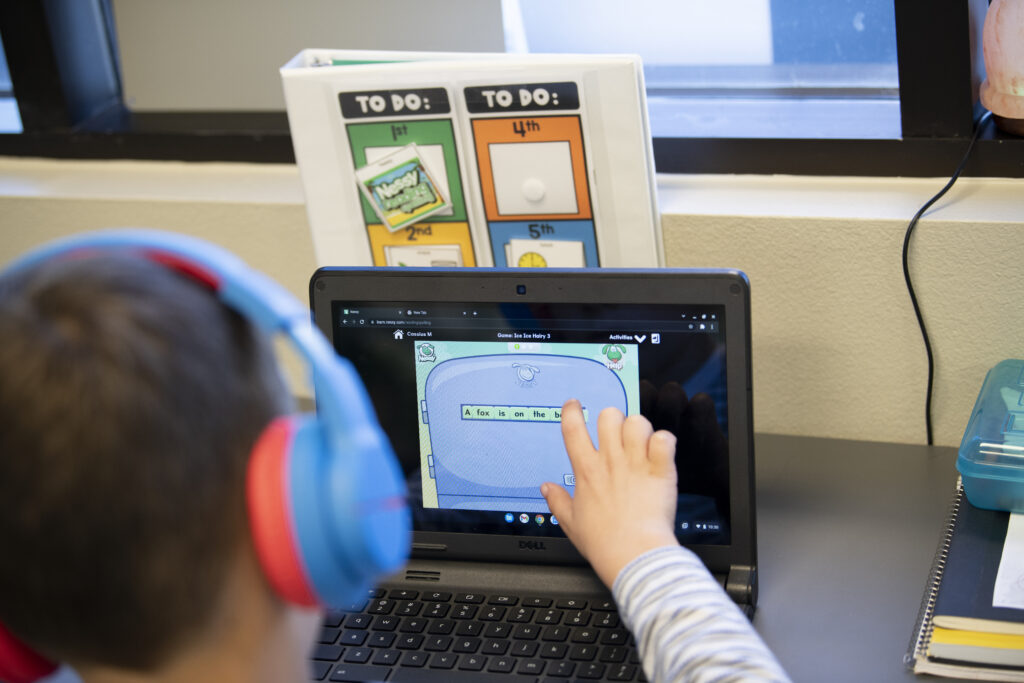Why we need more innovation in education

In today’s rapidly changing world, innovation in education is becoming increasingly important for the success of learners. Traditional educational models are not sufficient to prepare students for the challenges they’ll face in the future. As a result, innovative educators are exploring new approaches to teaching and learning that can help students develop critical thinking, problem-solving, and collaboration skills. This article will delve into the importance of innovation in K-12 education, the impact of educational innovations, and how they’re shaping the future of learning.
What is innovation in education?
Innovation in education refers to the development and implementation of new ideas, methods, and technologies that enhance the learning experience and improve educational outcomes. This can include everything from new teaching techniques and curriculum design to the use of digital tools and online resources.
The goal of innovation in education is to make learning more individualized, engaging, and effective for students at all levels. By embracing innovation in education, educators can create more dynamic and effective learning environments that help students develop the knowledge, skills, and competencies they need to succeed in today’s rapidly changing world.
The need for innovation in education
The traditional, one-size-fits-all K-12 education model has failed to meet the needs of all learners. Many students are left behind or disengaged, unable to unlock their full potential due to a lack of personalization and support. Innovations in education are necessary to:
- Adapt to the changing needs of the global job market
- Foster creativity and critical thinking skills
- Encourage collaboration and problem-solving abilities
- Address the unique learning needs of each student
By embracing innovation in education, schools can create more inclusive, engaging, and effective learning environments that prepare students for success in the 21st century.
Funding innovation to transform education
Organizations like the VELA Education Fund are distributing millions of dollars in small grants to thousands of everyday entrepreneurs offering new approaches to education within their communities. These innovative educators share an entrepreneurial spirit, a desire to meet the needs of the learners and families they serve, and a willingness to stretch the canvas on the where, how, and when of school.
Building community around new ways of learning
For organizations like the VELA Education Fund, success lies in community and collaboration. Their goal is to create an environment where innovators are accepted, where new approaches are welcomed, and where there’s a willingness to experiment and get better. By investing in new approaches to education, they aim to catalyze innovation on a grassroots level, fostering a culture of acceptance and openness towards new ways of learning.

The impact of educational innovations
Innovative education models have the potential to transform the lives of learners and their families. For example, the Arizona Empowerment Scholarship Account (ESA) program allows qualified students to access funding for independent education options tailored to their specific needs. Families can use these scholarships to access specialized curricula, therapies, and supportive technologies that help students overcome challenges and thrive in their learning environment.
Organizations like Love Your School are dedicated to helping families find the best education for their children by connecting them with a wide range of non-traditional education models, from homeschooling to microschools and learning pods.
Personalized support for families
Love Your School offers a “Parent-Concierge” service that provides personalized support to families seeking alternative education options. Experts in various areas, such as special education, homeschool transitions, and scholarship applications, work closely with families to guide them through the process of finding the right educational path for their children. This one-on-one support empowers parents to make informed decisions about their children’s education and advocate for their unique needs.

Building relationships and fostering community
Innovative educators like those at Love Your School focus on building relationships between families, students, and other education stakeholders. They aim to create a larger network of people who can support and learn from one another as they explore new educational paths. By sharing their experiences and inspiring action, families can help each other find the best educational options for their children.
Examples of innovation in education
Innovative educators around the world are developing new models of education that challenge the traditional status quo. Some examples include:
- Bloom Academy: This school incorporates character development into its curriculum alongside traditional academic subjects, helping students develop a strong sense of self and a foundation for future success.
- Electric Girls: This program empowers young women to pursue STEM subjects by providing hands-on learning experiences, mentorship, and a supportive community that builds confidence and self-reliance.
- One Stone School: This innovative school allows students to create a flexible, individualized curriculum based on their unique interests, allowing them to explore their passions and develop essential skills for future success.
The importance of choice in education
The key to successful innovation in education is providing families with choices. By offering a diverse range of educational options, parents and students can find the best fit for their unique needs and learning styles. This can lead to increased engagement, improved outcomes, and a more fulfilling educational experience for all learners.
Prioritizing practical skills and individualization
As shown in the Purpose of Education Index report, Americans increasingly value practical skills and individualized learning over the traditional focus on college preparation. Respondents prioritized critical thinking, financial management, and other practical skills, as well as individualized, tailored approaches to education that recognize students’ unique needs.

Embracing a future of innovation in education
The future of education lies in embracing innovation and providing a diverse array of options for learners. By fostering a culture of acceptance, collaboration, and experimentation, we can unlock the full potential of every student, preparing them for success in the 21st century.
To learn more about innovation in education and how it’s shaping the future of learning, explore Stand Together’s K-12 education reform efforts.
Additional K-12 education resources
- Access Stand Together’s K-12 Education Landscape Report.
- Download Stand Together’s Education Research Papers.
- Access Stand Together’s Guide To The Best Education Programs.
- Watch Inspiring Back To School Videos.

